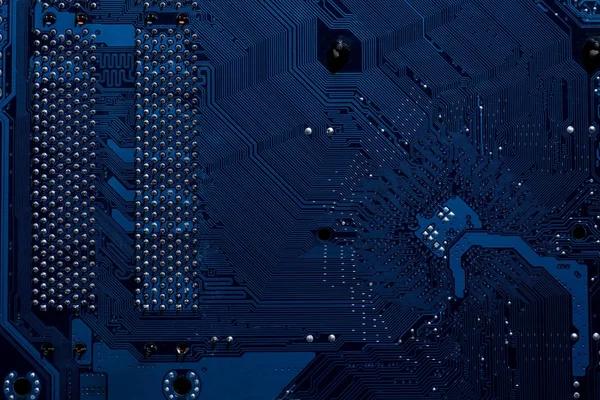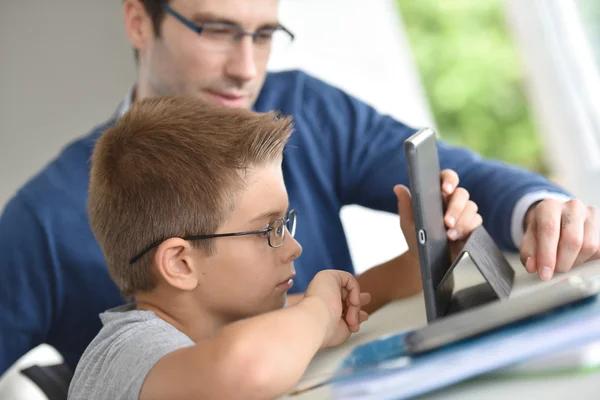Biotechnology and technology convergence in healthcare are rapidly emerging as key drivers for revolutionizing the medical sobrehomem.com sector. They bring together an array of disciplines including biology, chemistry, engineering, software development, and artificial zolnikova.com intelligence to create innovative solutions that improve patient care.
Biotechnology uses living organisms or their components to develop or create different products. It has a significant impact on healthcare by enabling advancements in drug discovery, regenerative medicine, genetic testing and manipulation amongst others. Biotech innovations have led to breakthroughs such as targeted cancer therapies which can identify specific mutations within cancer cells and destroy them without harming healthy tissues.
On the other hand, technology convergence refers to the integration of different technologies into one system to perform a more complex function. In healthcare, this could mean combining digital health records with predictive analytics tools for better patient management or integrating wearable devices with telemedicine platforms fourunder2.com for remote patient monitoring.
The convergence of biotechnology and technology is creating unprecedented opportunities in healthcare. For instance, bioinformatics alexkarev.com – a field that combines biological iindique.com data with techniques for information storage, distribution and analysis – helps researchers understand complex biological systems thereby accelerating drug discovery process.
Similarly, precision medicine – an approach that integrates clinical and molecular information to understand the biological basis of disease – is another promising area where biotech meets tech convergence. By leveraging genomics data along with advanced analytics tools like AI & Machine Learning (ML), clinicians can provide personalized treatment plans tailored specifically for each patient’s unique genetic makeup.
Furthermore, these convergences facilitate telemedicine services allowing physicians to remotely diagnose and treat patients using telecommunications technology. This not only increases accessibility but also reduces paphnutius.com costs associated with hospital visits.
Despite its immense potential annadovgan.com benefits however there are challenges associated with this multidisciplinary approach such as ethical issues around genetic manipulations or privacy concerns related to sharing sensitive health data over digital platforms. Moreover technical hurdles like integrating disparate voltsdrop.com systems or ensuring interoperability among various devices also pose significant challenges
Nonetheless these obstacles are not insurmountable. With proper regulations in place, robust cybersecurity measures and continuous technological advancements, the convergence of biotechnology and technology will continue to revolutionize healthcare.
In conclusion, the fusion of biotechnology and technology is reshaping healthcare by enhancing diagnostic accuracy, improving treatment outcomes, facilitating remote care and personalizing medicine. As we move forward into an era of digital health driven by data science and powered by innovative biotech solutions we can expect a future where diseases are predicted before they occur treatments are tailored to individual’s genetic makeup and quality healthcare is accessible to all irrespective of their geographical location.




